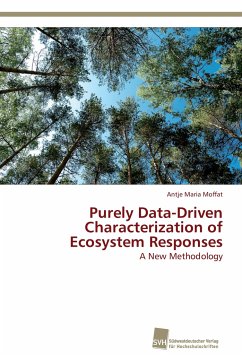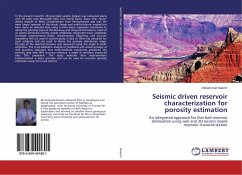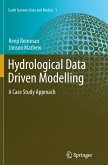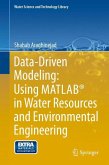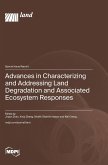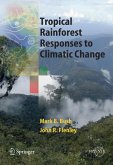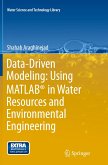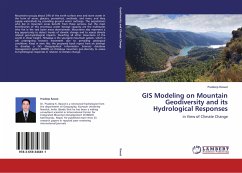This interdisciplinary work utilizes techniques developed in artificial intelligence to characterize observations made in ecosystem ecology. Ecosystem datasets are typically highly complex and noisy. The aim was to identify the underlying causalities directly from the data, i.e. without prior assumptions about the functional relationships. The new methodology, based on artificial neural networks, is demonstrated for eddy covariance measurements of carbon fluxes above a German beech forest. The suite of ecophysiological applications encompasses: 1) characterizing ecosystem responses to climatic drivers, 2) testing specific hypotheses, 3) assessing competing semi-empirical equations, 4) evaluating ecosystem models, and 5) as a by-product, interpolating missing data. The results highlight the benefit of this methodology to provide a new link between ecosystem observations and their semi-empirical representations in the modeling world. This, in turn, may help in predicting the effects of changing climatic conditions on the terrestrial biosphere. Awarded the 2012 prize for the best doctoral thesis in Mathematics and Computer Science at the Friedrich Schiller University, Jena.
Bitte wählen Sie Ihr Anliegen aus.
Rechnungen
Retourenschein anfordern
Bestellstatus
Storno

